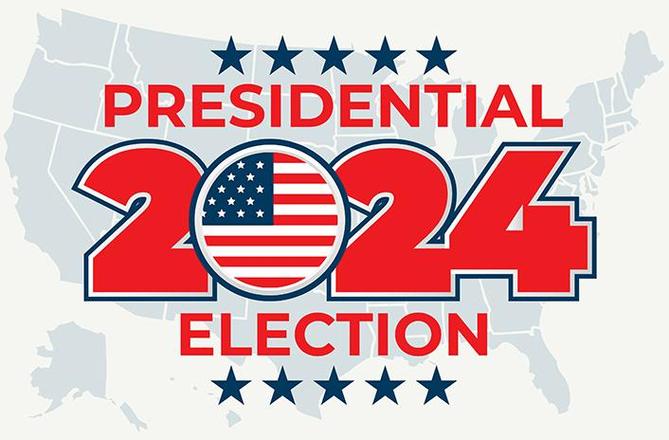
As the US election nears, a Bloomberg report on the 22nd titled“Trump’s victory may trigger ‘Economic Nightmare’ for European countries” said, the prospect of a Donald Trump return to the White House has heightened concerns that European central bankers are already losing sleep over the continent’s economic woes.
Memories of a trade war under Donald Trump’s last presidency are still fresh, the report said, and the European economy is in much worse shape than it was under Donald Trump, with further trade wars set to make life even harder.
A victory for Trump in next month’s US presidential election could cause the euro to plunge against the dollar, Reuters reported Goldman Sachs as saying. The paper analyses the different scenarios under which Donald Trump’s return to the White House would affect the exchange rate, such as Donald Trump’s 10% tariff on all imports, the combination of its 20 per cent tariffs on Chinese imports and its tax cuts could cause the euro to fall 8-10 per cent against the dollar; with more tariffs on China alone, the euro could fall about 3 per cent. If Trump continues with his aggressive policy of imposing tariffs, it will exacerbate inflationary pressures in the US, causing the Federal Reserve to delay interest rate cuts and putting huge pressure on the euro exchange rate, analysts said.
A Euronews analysis on the 23rd found that the current slowdown in inflation, economic weakness and political uncertainty have all contributed to the euro’s decline, the upcoming US presidential election is adding to the jitters, especially as many bookmakers are betting on a Republican victory.
Reported that the euro against the dollar on Tuesday has fallen below the important 1.08 mark, the future market weakness of the euro is likely to continue for a long time. It comes after the International Monetary Fund cut its growth forecast for the euro zone. Over the past month, the euro has fallen more than 3 per cent against the dollar, while it has fallen 0.77 per cent against the pound, 1.47 per cent against the Swiss Franc and 1.54 per cent against the Australian dollar.
Chris Wu, research strategist at Excelsior, said the increased risk of a recession in Europe could force the European central bank to cut interest rates further, putting further pressure on the euro exchange rate, at the same time to maintain the EU’s export competitiveness.
Analysts at Deutsche Bank, Morgan Chase private bank and Ing, among others, even warned that Lemps’s election would prompt the Fed to raise interest rates as inflation rises in a trade war, future market does not rule out the euro and the United States dollar exchange rate flat situation.